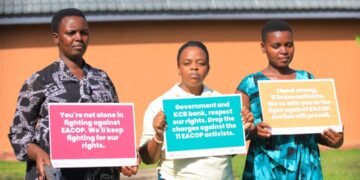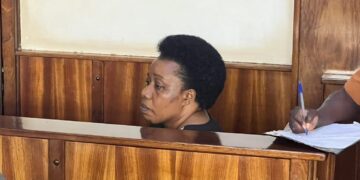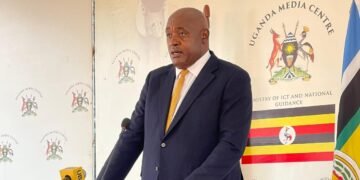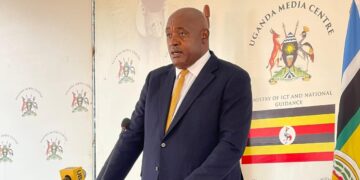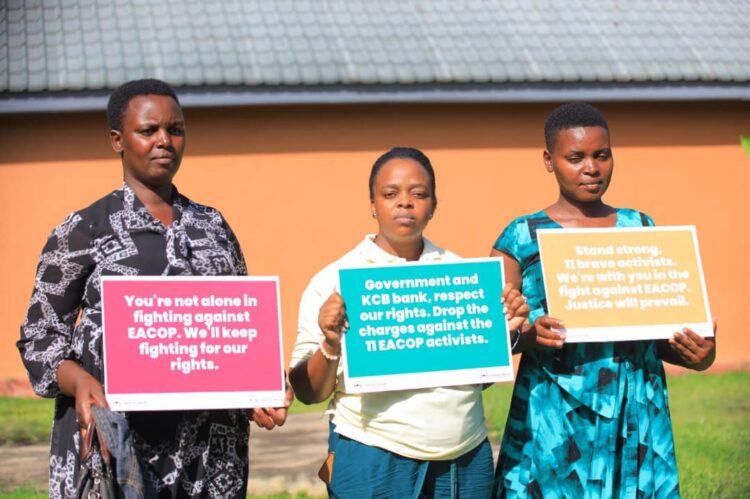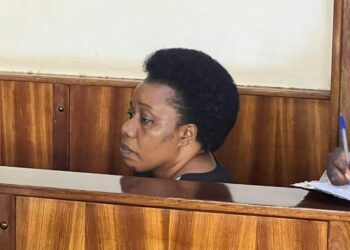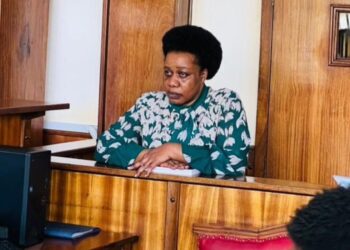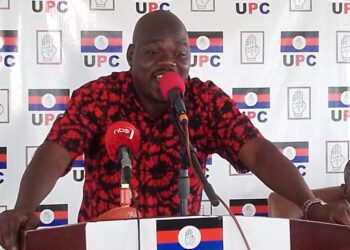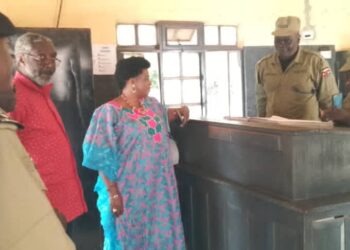OPINION
On this day, May 23rd, as the Women for Green Economy Movement Uganda, we join other communities under the Afrika Vuka banner to demand and advocate for a fossil-free future. The celebrations being held at Multi-purpose hall today in Kasese District.
We use this day to reflect on what each of us is doing about the climate change brought about by fossil fuels.
Furthermore, we stand in solidarity with communities like those along the South African coast, who are directly resisting oil activities. This solidarity means amplifying their voices, providing resources, and actively participating in their struggles, recognizing that their fight is a fight for all of us.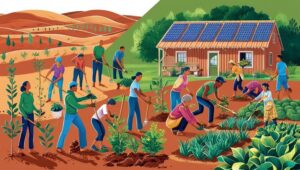
We’ve witnessed the impact of the EACOP project on oil-hosting communities. Hundreds of innocent Ugandans are being displaced with unfair compensation, leading to family displacement, school dropouts, increased teenage pregnancies, and early marriages.
These issues are escalating because a minority of companies and individuals want to exploit oil at the expense of the safety of the majority, particularly marginalized women. The burning of these fossil fuels also exposes pregnant women to higher infant mortality rates and miscarriages, leaving affected families traumatized.
In addition to that, we join hands and demand justice for the 11 climate activists arrested by KCB Bank while demanding climate justice. Their unjust detention highlights the lengths to which those in power will go to silence voices advocating for environmental protection and a sustainable future.
Climate justice advocates often face significant security risks, including threats, surveillance, and physical violence. These risks stem from powerful interests, such as governments and corporations, who seek to silence dissent and protect their operations. Adequate security measures, including personal protection, digital security training, and legal support, are crucial for safeguarding advocates and enabling them to continue their work.
We continue to highlight such intimidations faced by leaders who participate in climate justice movements. These intimidations can take various forms, from subtle pressure and harassment to direct threats and attacks. Such actions aim to discourage leaders from speaking out and mobilizing their communities. Protecting these leaders is essential, as they play a pivotal role in organizing and advocating for climate justice.
Bureaucratic processes frequently create significant obstacles for climate justice. Complex regulations, lengthy permit applications, and lack of transparency can delay or derail projects. This bureaucratic red tape can be deliberately used to frustrate activists and communities, making it difficult to achieve their goals. Streamlining these processes and ensuring transparency is critical.
Moreover, villagers often face significant burdens in the climate justice process. They may be required to report weekly to distant sub-county offices, which can be time-consuming and costly. This reporting requirement can be a form of intimidation and control, as it drains resources and limits the ability of villagers to participate fully in climate justice efforts. Simplifying reporting procedures and reducing the burden on villagers is vital.
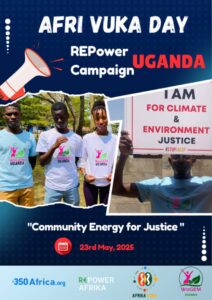 Climate activists must shift their focus to include a deeper understanding of community rights and the legal frameworks that protect them. This involves not only advocating for policy changes but also actively supporting and empowering local communities affected by climate change and the actions of the government and oil companies.
Climate activists must shift their focus to include a deeper understanding of community rights and the legal frameworks that protect them. This involves not only advocating for policy changes but also actively supporting and empowering local communities affected by climate change and the actions of the government and oil companies.
A vital part of this is ensuring that governments conduct comprehensive literacy training for grassroots women before asking them to sign compensation papers. This will help them fully understand the implications and repercussions of what they are agreeing to.
Fair compensation from both the government and oil companies is a non-negotiable demand, ensuring that communities are justly treated and can rebuild their lives.
Going beyond fossils, we advocate for a transition from non-renewable energy to renewable sources. These alternatives can include biogas, which utilizes organic waste to generate energy, harnessing the sun’s power through solar energy, and hydropower, which generates energy from the flow of water among others. This shift will improve the environment and the livelihoods of citizens.
We must all join hands for Community Energy for Justice.
By Mary Blessing Ahairiirwe,
The writer is a Volunteer at Women for Green Economy Movement Uganda
Email: maryblessingahairiirwe@gmail.com
